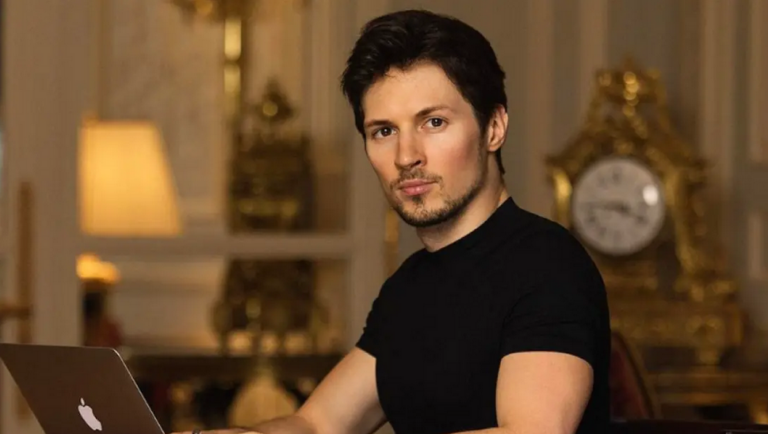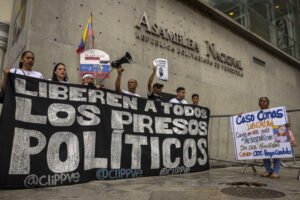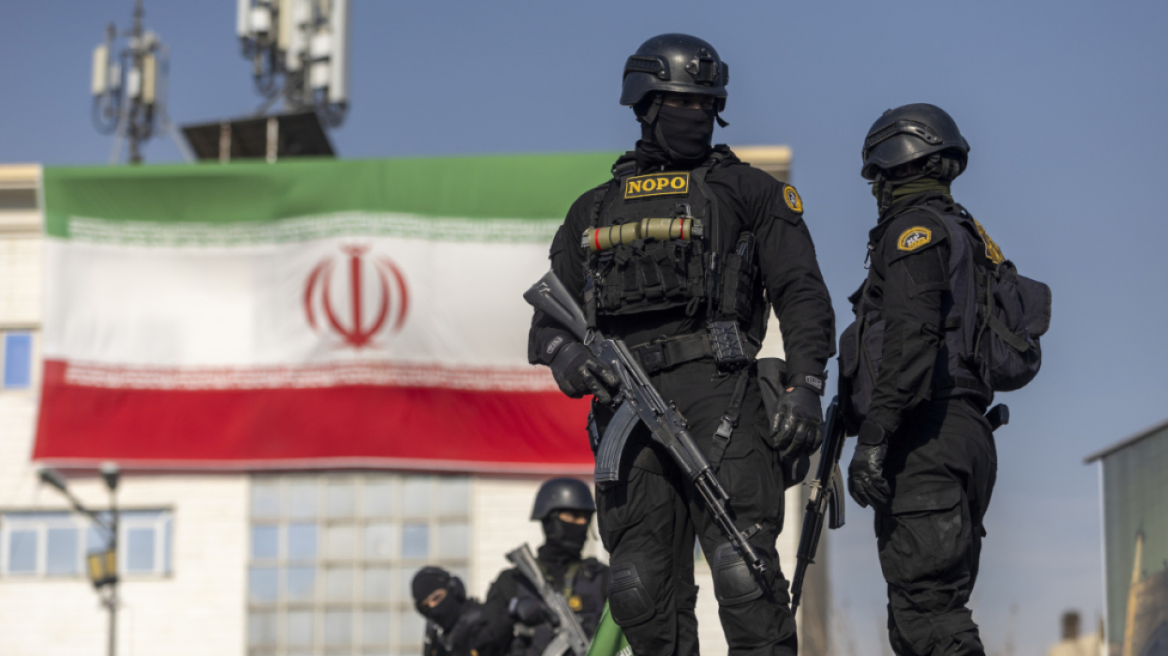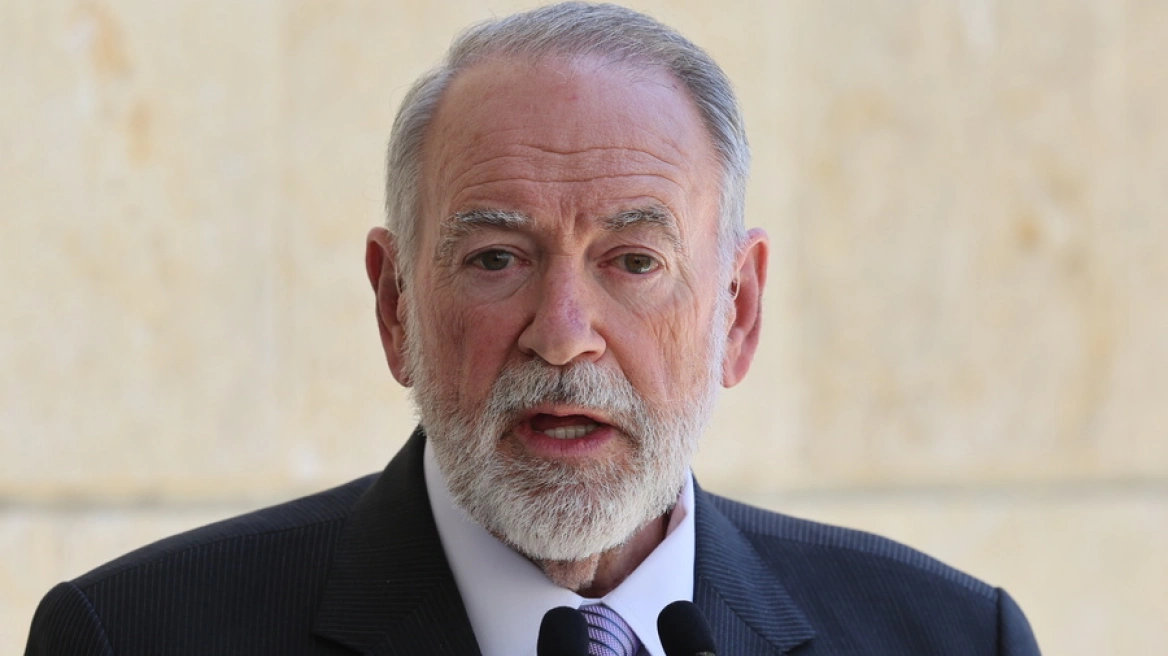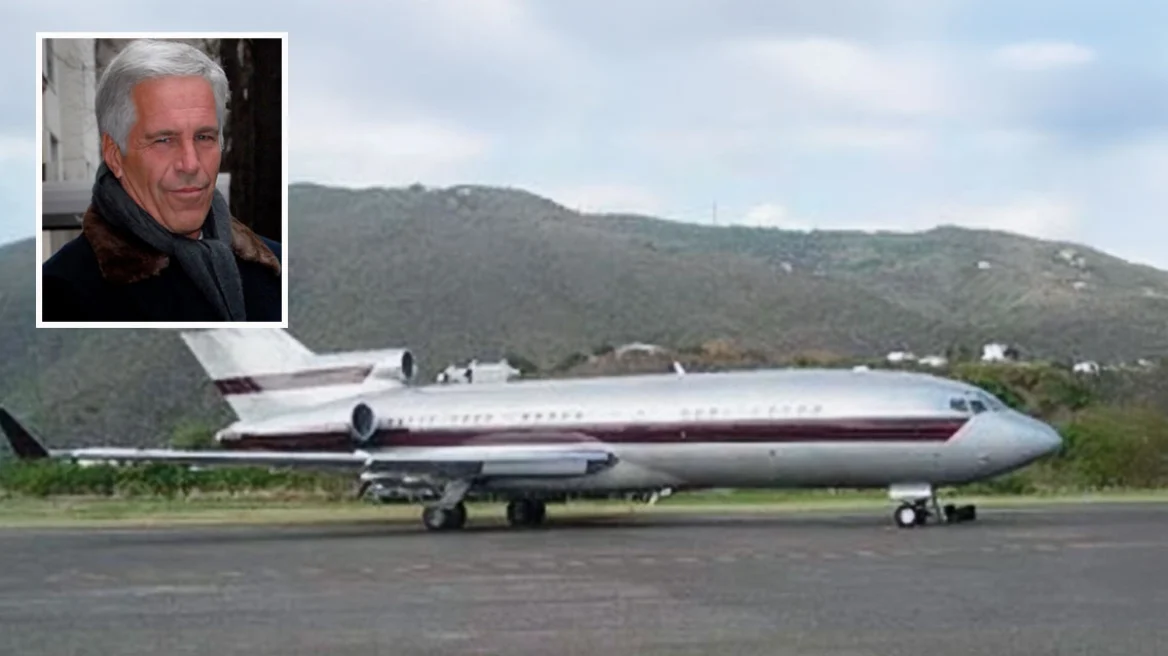French prosecutors have disclosed potential criminal charges against Pavel Durov, the founder and CEO of Telegram, following his arrest last week when his private jet landed in France from Azerbaijan. The investigation, initiated by the Paris Public Prosecutor’s Office in July, focuses on Durov’s alleged refusal to moderate illicit content on Telegram and the platform’s lack of cooperation with law enforcement. Prosecutors are examining 12 charges, including complicity in facilitating illegal transactions, distributing child pornography, and engaging in organized fraud, among others.
The charges included:
- Complicity – web-mastering an online platform in order to enable an illegal transaction in organized group
- Refusal to communicate, at the request of competent authorities, information or documents necessary for carrying out and operating interceptions allowed by law
- Complicity – possessing pornographic images of minors
- Complicity – distributing, offering or making available pornographic images of minors, in organized group
- Complicity – acquiring, transporting, possessing, offering or selling narcotic substances
- Complicity – offering, selling or making available, without legitimate reason, equipment, tools, programs or data designed for or adapted to get access to and to damage the operation of an automated data processing system
- Complicity – organized fraud
- Criminal association with a view to committing a crime or an offense punishable by 5 or more years of imprisonment
- Laundering of the proceeds derived from organized group’s offenses and crimes
- Providing cryptology services aiming to ensure confidentiality without certified declaration
- Providing a cryptology tool not solely ensuring authentication or integrity monitoring without prior declaration
- Importing a cryptology tool ensuring authentication or integrity monitoring without prior declaration
In France, investigative magistrates hold significant power to initiate investigations and press charges if they find sufficient evidence of a crime. Durov’s initial detention period of 24 hours was extended to 96 hours, meaning he could be held until Wednesday.
The arrest has sparked a strong reaction from free speech advocates, who see it as a potential crackdown on online speech. In response, French President Emmanuel Macron emphasized that the arrest was part of a judicial process and not a political decision, reiterating France’s commitment to freedom of expression within the framework of the law.
Ask me anything
Explore related questions
